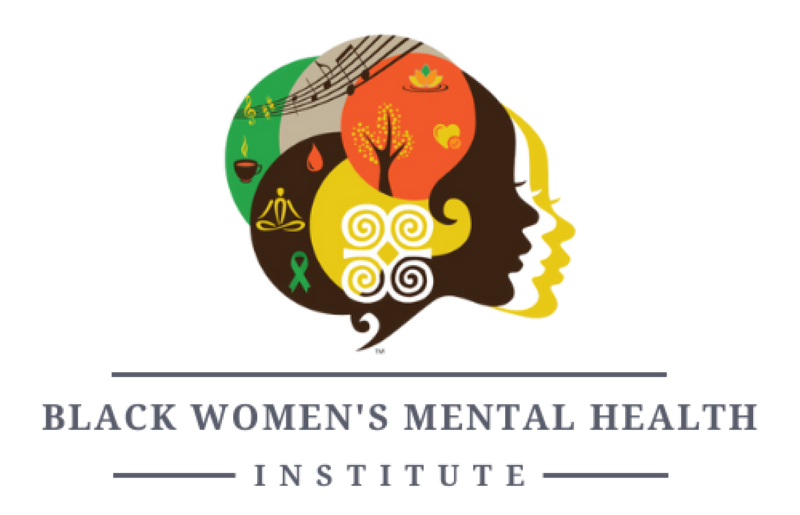Putting an End to Silent Suffering
By Dr. Nadia Richardson, founder of No More Martyrs and Valenrich Wellness. Her focus is currently in incorporating mental health into the diversity discussion, minority student experience, and educational diversity. She has presented on these topics at both national and international conferences, and will be presenting on minority mental health care at a congressional briefing in Washington, D.C. on March 9.
It's fine. I can handle it. I don't have time to deal with this; my family has to come first. My mother had it worse than me and she didn't need any help. I don't have the money to go to a doctor. I'm fine. I'm fine. I'm fine.
Are any of these phrases familiar to you? These are just some of the things women might tell themselves to put off seeking out mental health care. The Handle It Alone mentality especially is one that No More Martyrs, a mental health awareness campaign seeking to build a community of support for black women with mental illness, combats regularly. Right now, one in five Americans is suffering from a mental health disorder, but only a quarter of African Americans will seek out professional care compared to the 40 percent of their white counterparts. Of that quarter, black women who seek out support or utilize mental health resources are an even smaller margin.
Founded in memory of For Brown Girls's Karyn Washington, who was lost to suicide in 2014, No More Martyrs works to counteract this pattern of silent suffering. The Birmingham-based but growing organization regularly hosts meetups, information sessions, and access to further resources via a national network. It also hosts an annual Minority Mental Health Awareness summit in July. Unlike most summits of a similar topic, No More Martyrs approaches the event from the point of view of the health consumer rather the health practitioner. That is, the guest speakers are all from various minority groups, sharing their unique perspectives on what it means to provide culturally responsive care and service. This year's summit will occur on July 13.

